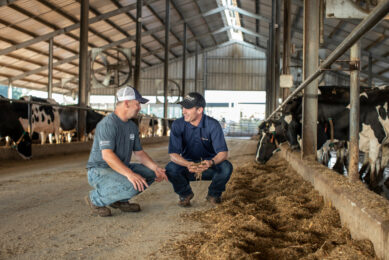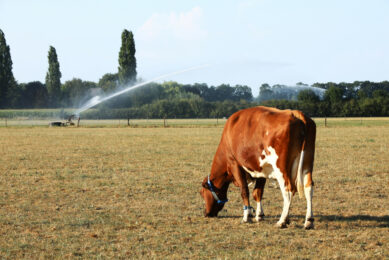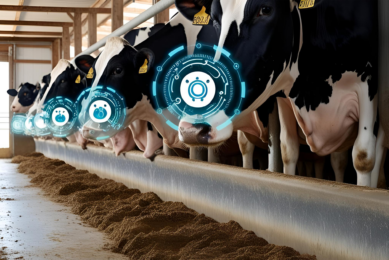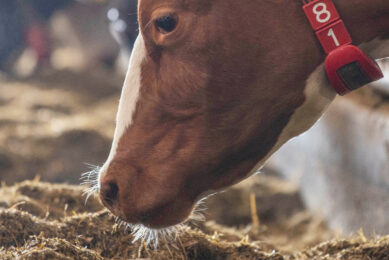Not all seaweed is suitable as a methane inhibitor
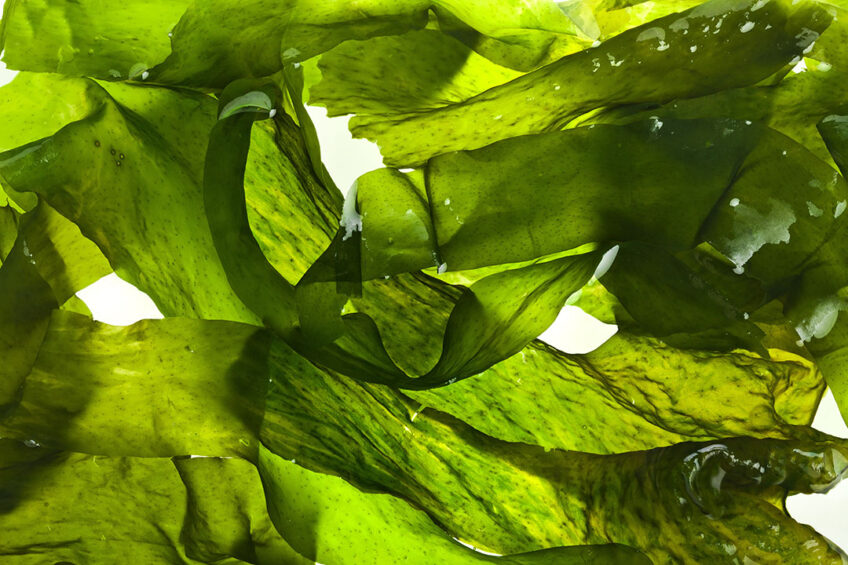
Seaweed can be an effective means of limiting methane emissions in cows, but some methane-inhibiting substances are also poisonous.
This is shown by research by Wageningen University & Research (WUR). It has been published in more detail in the magazine Foods. There are particular concerns about the substance bromoform, which can end up in the urine and also the milk via the cow’s digestive system. However, there are also seaweed species that do reduce methane, but that contain less or no bromoform, says researcher Wouter Muizelaar.
Initial research focused strongly on the seaweed Asparagopsis taxiformis, because this species contains high concentrations of bromoform and was known to counteract the formation of methane in the rumen.
Expert opinion: 5 ways nutritionists can reduce methane in dairy cows
Methane (CH4) and belching cows have been a media hot topic for some time now and the body of science around CH4 continues to grow. Dr Sophie Parker-Norman takes a deeper look.
Damage to the rumen wall
Less attention was paid to something else, namely that the seaweed A. taxiformis is also associated with rumen wall damage in sheep. That gave cause for questions. For example, does bromoform end up in milk, urine, manure or animal tissue? It soon became clear that the substance can end up in milk and urine. Muizelaar: “Bromoform in pure form is harmful to health. It is not without reason that maximums have been set for bromoform in drinking water. The fact that the substance can now also be found in the milk is extra worrying. Food safety must of course always be beyond any form of doubt. ”
However, seaweed in itself does not have to be put aside. There are also seaweed species that contain less or no bromoform, but may also reduce methane. Muizelaar: “That’s why I still see seaweeds as a promising option that we should continue to explore.”
Join 13,000+ subscribers
Subscribe to our newsletter to stay updated about all the need-to-know content in the dairy sector, two times a week.




